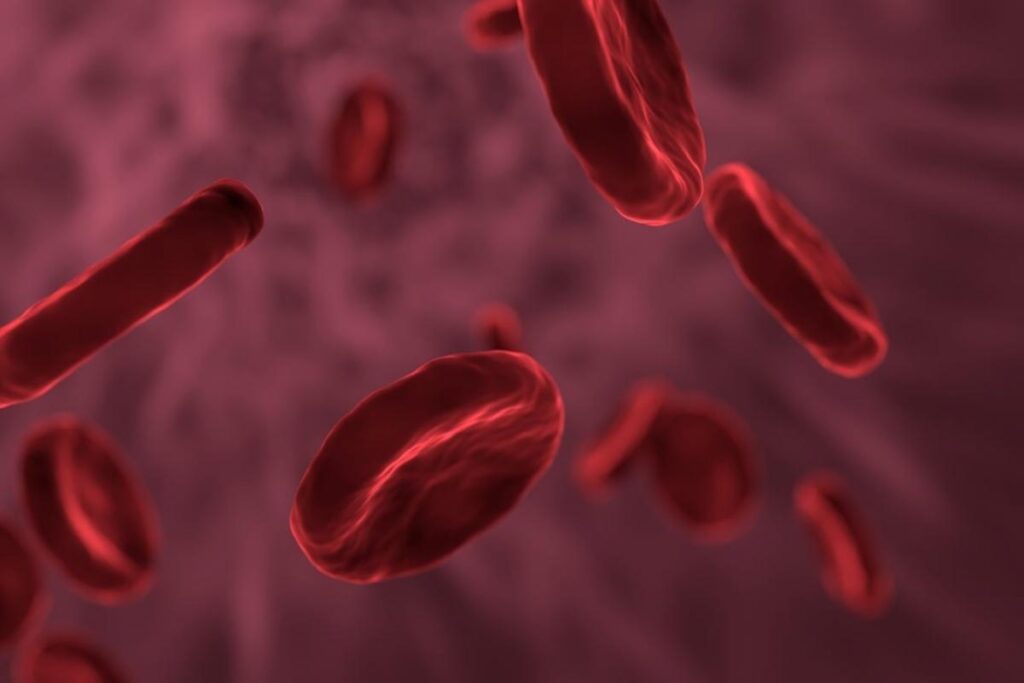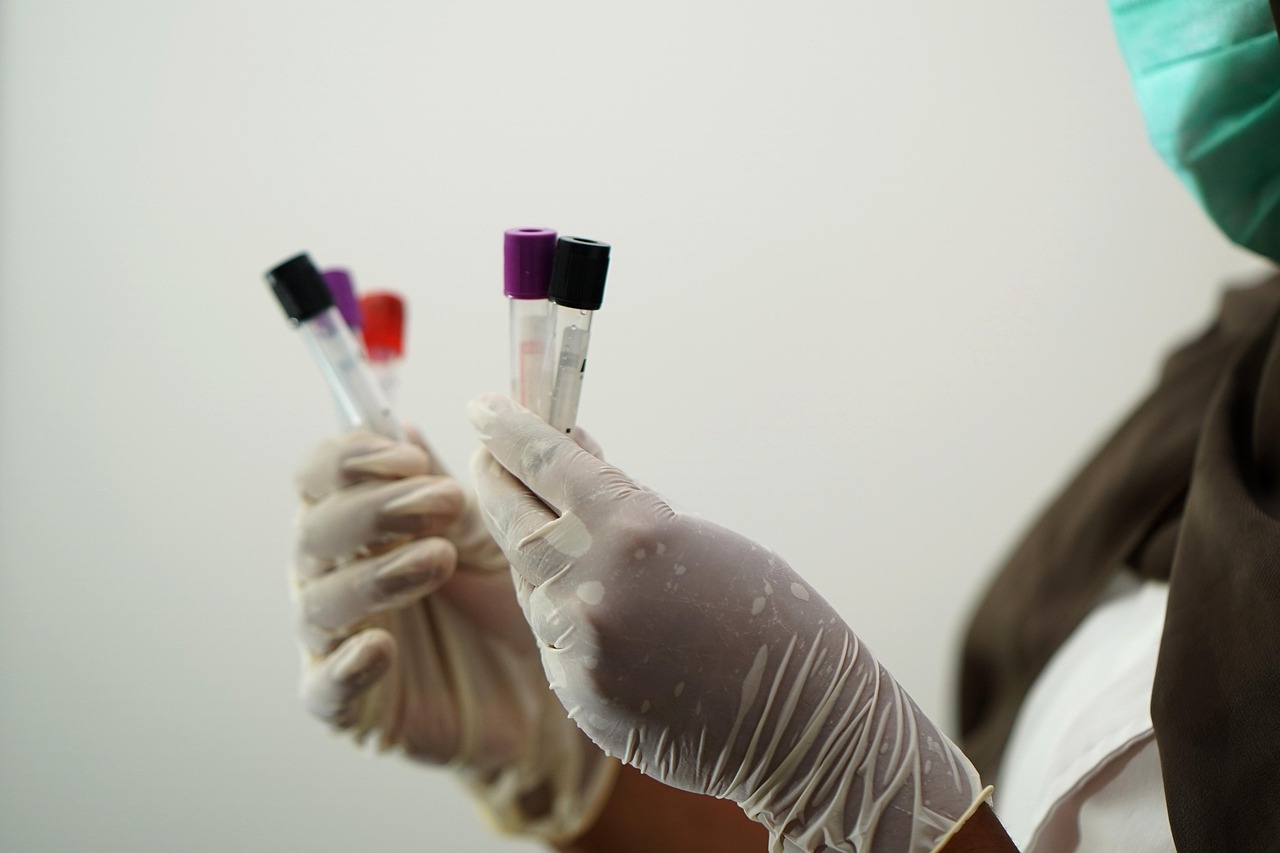
At a scientific level, Blood groups are classified according to the ABO system and RH factor. More specifically, we have four groups: Group A, which has the antigen A in red blood cells and anti-b antibodies in plasma; Group B, which has antigen the B in red blood cells and anti-a antibodies in plasma; AB Group, which has both antigens in red blood cells, but does not have anti-a anti-B antibodies in plasma; The group, which does not have antigens in the red blood cells, but it does have both antibodies in the plasma.
While the RH factor can be positive, if the person has the RH protein on the surface of their red blood cells, or negative, if that circumstance does not occur. This is very important when making a transfusion since not all blood groups are compatible. The most special in this regard is known as negative zero, since he is a universal donor and his blood is worth any group. While you can only receive blood from another negative zero.
At present, a total of 47 blood groups systems had been recognized. However, A group of French scientists has just discovered what would be the 48th In a woman from Guadalupe, an archipelago of the Antilles, in the Caribbean Sea.
The researchers detected an “unusual” antibody already in 2011
The EFS (Etabablissement Francais du Sang), in a publication shared on LinkedIn, explained the importance of this new discovery: “15 years after receiving a blood sample from a patient from Guadalupe, Our research teams have managed to identify and characterize this new system of blood groupswhose name is Pigz. ”
Blood samples
“Discover new blood types It means offering patients with rare blood a better level of care. This is one of the commitments that the EFS pursues daily, ”they point out in the social network.
This new blood type, called Negativeit has been discovered almost 15 years after the blood sample was first analyzed. Already in 2011, as explained by a biologist from the scientist group, Thierry Peyrard, had already detected a “very unusual” antibody in the patient, but did not have the resources to carry out more research.






